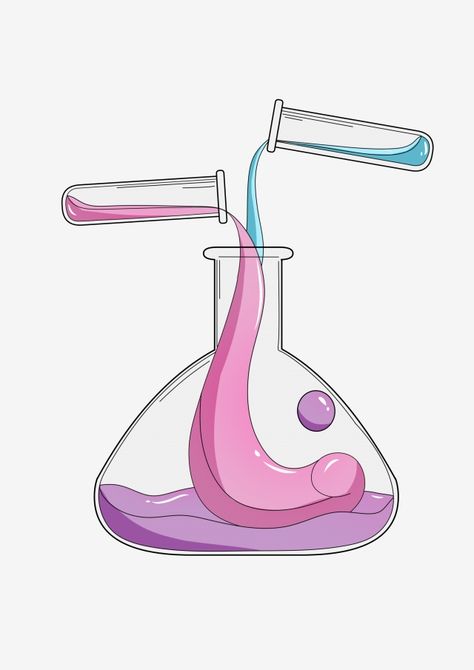Phenacetin abuse is known to produce kidney disease; salicylate use is supposed to prevent cardiovascular disease. In 1968 we evaluated a study group of 623 healthy women 30 to 49 years old who had evidence of a regular intake of Phenacetin.
In 1967 we designed the present study to determine the incidence of renal disease among 623 apparently healthy women 30 to 49 years old who regularly took analgesic drugs containing Phenacetin, in relation to the incidence among 621 similar women who took such drugs less regularly or not at all. A previous epidemiologic survey in Switzerland had indicated that heavy use of analgesics containing Phenacetin was more prevalent among women than men and most prevalent among women in the age group that we studied.6
This report describes the total and cause-specific mortality and cardiovascular morbidity over a 20-year follow-up period (1968 through 1987) and addresses the question of whether the use of analgesic drugs containing Phenacetin or salicylate is a risk factor for disease.
The development of hypertension may partially explain the excess cardiovascular mortality and morbidity in persons who abuse analgesics containing Phenacetin. Additional life-table analyses that controlled for hypertension revealed that this factor had little effect on mortality; however, approximately half the excess risk of myocardial infarction, heart failure, and stroke in relation to Phenacetin use was attributable to the excess risk of hypertension (data not shown). Although the cause of hypertension in patients with analgesic nephropathy is not known, such hypertension may be the result of a suppression of the production of vasodilative prostaglandins.


